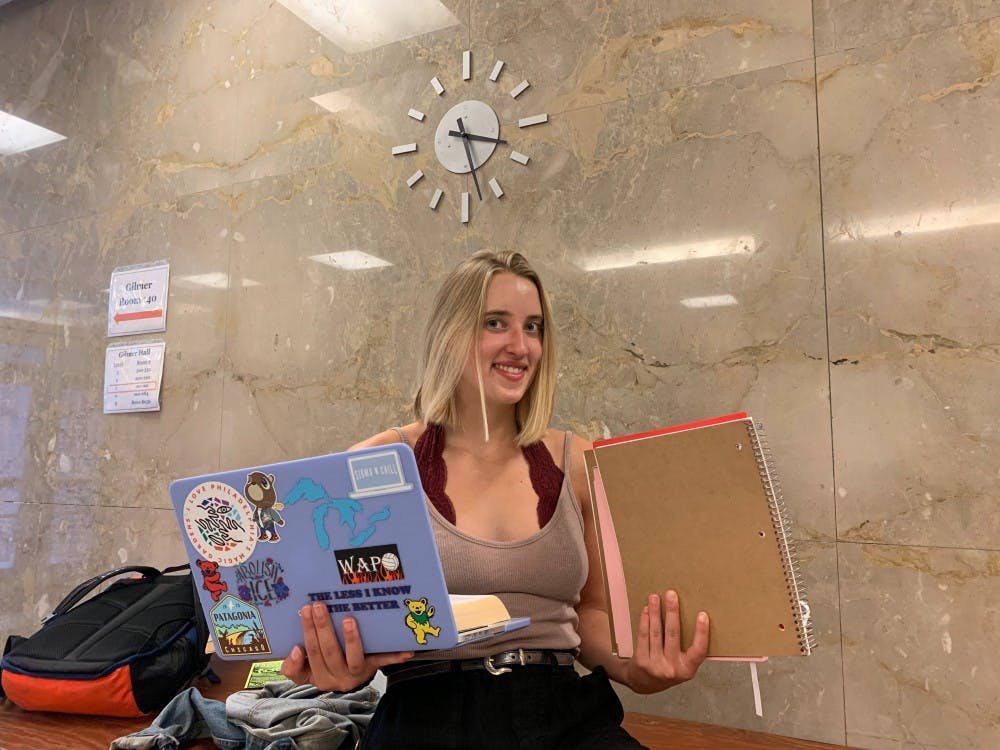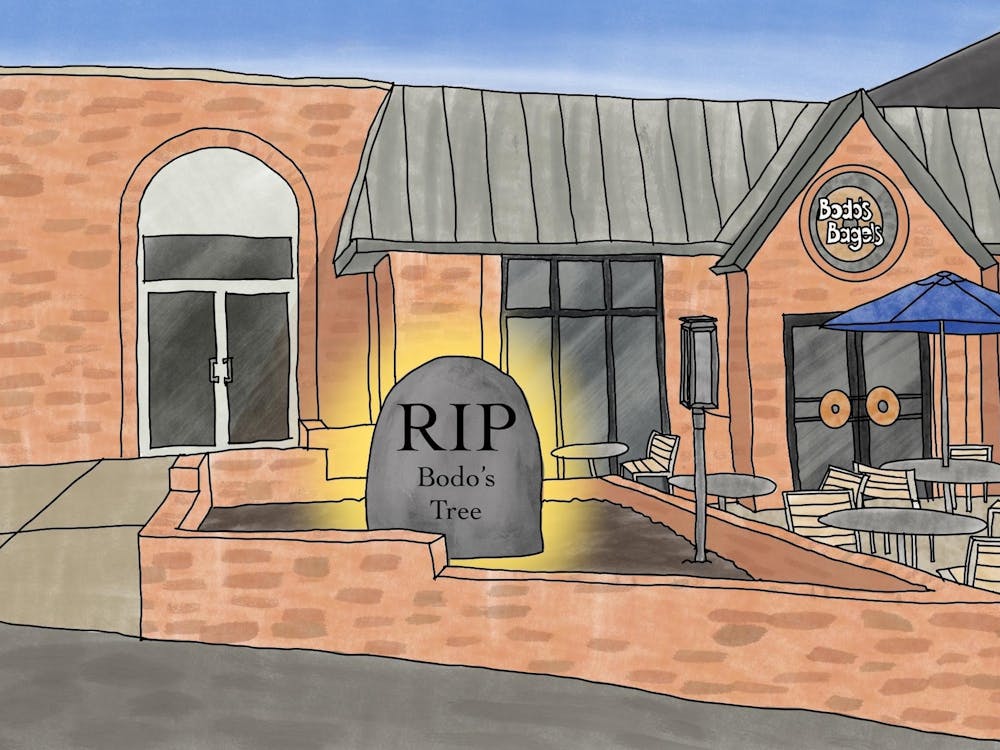If you’re not at least a little nervous to start your first year of college, then you’re not human. Moving away from home, meeting new people, taking college classes and missing your old friends can all combine to create a-less-than-serene situation for students arriving on Grounds for the first time. But if you’re not nervous for your second year, then you’re underprepared — at least according to the advice of resident experts.
Last fall, Student Health rolled out a new survey to all incoming and returning Hoos to research the relationship between year at school and anxiety. When asked to report their approximate levels of stress on a preconceived scale, first-year and fourth-year answers both averaged out to a 7.5 — described as “having a hair in your mouth that is about to make you gag but being able to neither locate the hair with your tongue nor shove your hand in your mouth to find it because this is a job interview and what would your future boss think?” While third-years averaged a lower 5 — “attending a TedTalk where the speaker has his/her fly unzipped for the duration of the two-hour show, but no one in the audience feels comfortable enough to say something” — second years’ answers were shockingly low. Most reported feeling a 1.5, or “forgetting your keys at home but remembering your nice neighbor Nancy keeps a spare for you.”
Counselors and advising deans have observed that despite these relatively low stress levels, second-years demonstrate a spike in new commitments and obligations. This dissonance is a sign that students could be “in way over their heads,” according to Professor Sonia Alarm. Alarm works within the department of psychology at the University and specializes in researching anxiety and stress-management techniques. “Second year can still be a trying time for students. Many don’t recognize the coming academic struggles of choosing a major and fulfilling requirements,” said Professor Alarm. “Living in an apartment for the first time can compound all these factors.”
These warnings may fall on the deaf ears of second-years, who are returning with their eyes on the prize of topping first-year escapades. “You’ve heard of hot girl summer, right?” said rising second-year Caroline McAdams when asked for comment. “This fall is gonna be, like, hotter girl fall. Wait, no, I can think of something better. Don’t write that.”
Whether second years truly are aiming for a “hotter girl” or even a Whiter Claw fall, most experts advise them to never forget the crushing weight of their present and future responsibilities. Alarm has provided an extensive list of techniques for second-years to raise their stress to the appropriate level — which is “talking to an acquaintance at a store and saying goodbye, but then having to avoid/pretend not to see them for the duration of both your shopping because you don’t want to talk to them anymore.”
- Breathing Exercises:
- Inhale through the nose for 5 seconds.
- Hold breath for 90 seconds or until vision begins speckling/darkening.
- Exhale for 5 seconds. Repeat.
- Cooking Exercises:
- Measure 2 quarts of water and pour into medium-sized stockpot.
- Place pot on stove over high heat, covered with a lid.
- Leave your house. Drive in the opposite direction for 5-10 minutes.
- Try to return at the exact moment before the water boils over.
- Set all clocks and your phone in your apartments to a different time, all at least 5 minutes behind. Try to get to class early.
- If all else fails:
- Connect a laptop or cellular device to wifi and open a search engine.
- Type in “climate change” and/or “global warming” and/or “environmental disasters.”
- Research related articles for 4-5 hours consecutively.
- Read UN reports on climate change.
- Count everything made of plastic in your room. Think about how much of that will be thrown away.
- Contemplate how much you’ve contributed to the destruction of the planet, and what kind of world your children will inherit.
Caroline Caruso is a Humor Columnist at The Cavalier Daily. She can be reached at humor@cavalierdaily.com.







